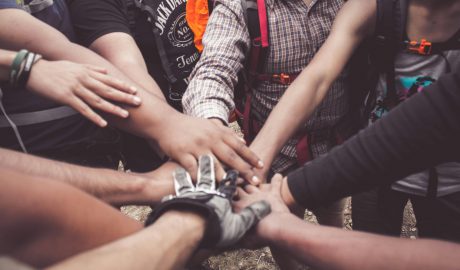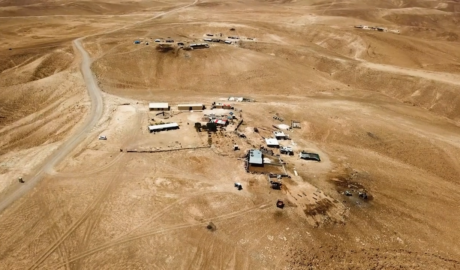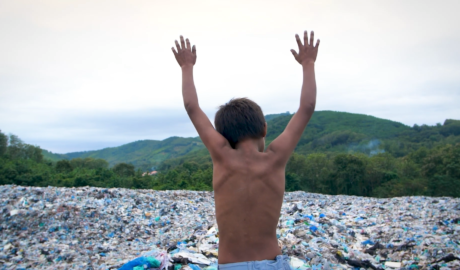Inequality & Vulnerabilities
Understanding vulnerability and inequality in a complex and data-poor context is challenging. During the pandemic, vulnerability expressed itself in ways that were not necessarily captured by existing indicators. Rethinking the definition and measures of vulnerability therefore became necessary.
The typical approach to understanding vulnerability only captures those ‘seen’ as vulnerable by researchers, activists, policy makers and international actors. They include mainly poor households, as defined by metrics like the national poverty line, and those categorised within a class denied autonomy or opportunities afforded to others, including informal workers, people with disabilities, children, youth, the elderly, migrants, and women. The pandemic exacerbated poverty and informality, thus compounding existing inequalities between the vulnerable and the rest of society.
While shedding light on vulnerabilities formerly unperceived, the pandemic also produced new forms of vulnerability. Urban populations living in densely populated areas where pollution is high and the virus was more likely to spread became more vulnerable in comparison to their rural counterparts, for example. People living in unsanitary environments such as slums and informal settlements were at an even higher disadvantage.
In some cases policy responses to the pandemic resulted in differentiations that created new vulnerabilities and inequalities. In Egypt, for example, support targeting women during the pandemic was restricted to public sector employees, making women working in the private sector more vulnerable, despite normally being perceived as better off.
The quality of both state and non-state responses to the pandemic and concurrent crises in the region had a multidimensional multiplier effect on: wealth distribution; access to health, education and other essential services; and regional disparities and gender inequality, among others.
As a result, existing inequalities were significantly exacerbated while new ones were created in a region where the pandemic was remarkably more pronounced as a result of chronic economic fragility and political instability.
Read more about inequality and vulnerabilities:
The Politics of Coronavirus: Inequality, Repression, and Conflict
Authored by Nadim Houry, Arab Reform Initiative
Rethinking our understanding of vulnerability under the pandemic
Authored by Farah Al Shami, Arab Reform Initiative






